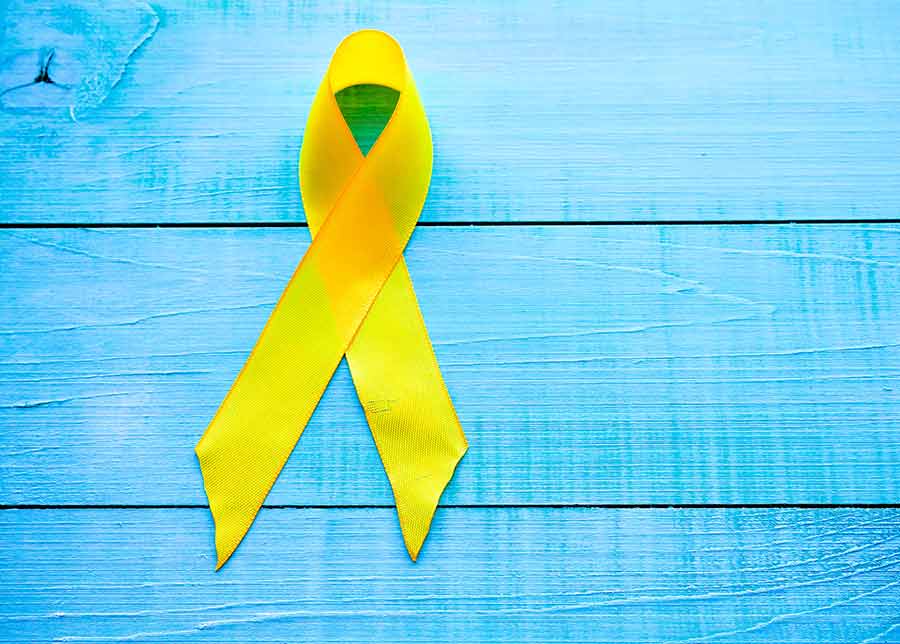National Suicide Prevention Week Prompts Closer Look at Link Between Drugs, Alcohol and Soaring Suicide Rates

How Drugs and Alcohol, Esp. Opiates, Are Driving Suicide Rates Up
Suicide is reportedly a leading cause of death in this country, according to the Centers for Disease Control (CDC), which reports that with rising rates of suicide in “nearly every state” in the U.S., suicide is just one of “three leading causes that are on the rise.”
Strikingly, drugs and alcohol are implicated in a vast number of these so-called “despair deaths” that involve the taking of one’s own life. That’s one big takeaway from the findings of researchers at the University of New Hampshire, detailed in a 2017 report, “Drugs, Alcohol and Suicide Represent Growing Share of U.S. Mortality”:
- Nationwide, deaths from drug poisoning, alcohol poisoning, and suicide increased by 52 percent between 2000 and 2014.
- While heroin and prescription opiates were largely responsible, an evident increase in other drug-related overdoses and alcohol-induced deaths also contributed to the upward trend in suicides.
Who’s Most Vulnerable to Suicide?
The alarming surge in suicides nationwide is disproportionately affecting the following groups, sending a message that nobody is totally immune to suicide:
- White males, who have the highest combined mortality rate from drugs, alcohol and suicide, the UNH researchers found.
- Women, among whom the suicide rate increased by 50 percent between the years 2000 and 2016, according to data from the CDC.
- High school-aged youth, nearly nine percent of whom reported a past suicide attempt, according to findings by the American Foundation for Suicide Prevention (AFSP).
- Older Americans, since your risks of suicide increase with age, ABC News reported.
- People with an untreated drug or alcohol addiction— especially those with a dual diagnosis (a co-occurring mental disorder like anxiety or depression) that research has shown raises the risks of suicide.
How to Save a Life from Drugs, Alcohol and Suicide
If you or someone you love is actively contemplating suicide or exhibiting these risk factors and/or warning signs, call the National Suicide Prevention Lifeline immediately at 1-800-273-8255. Trained counselors are available 24/7 to take your call, and can refer you to trusted mental health professionals who can help.
There are better solutions than suicide for any life problem— addiction included. If you have a drug or alcohol problem and are contemplating suicide, chances are that it’s because you’re tired of living in the same cycle of despair and can’t find a way out.

